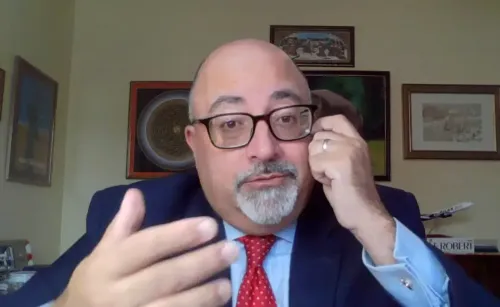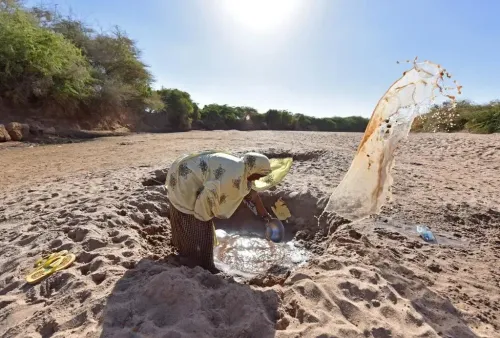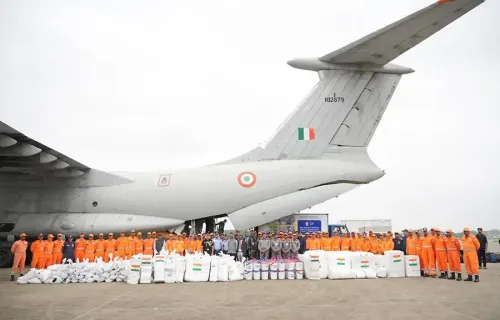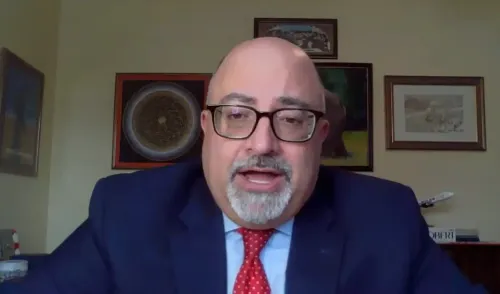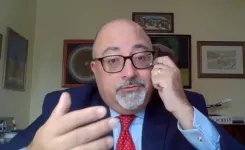Closure of USAID to Have Swift Effects on Life-Saving Efforts: UN
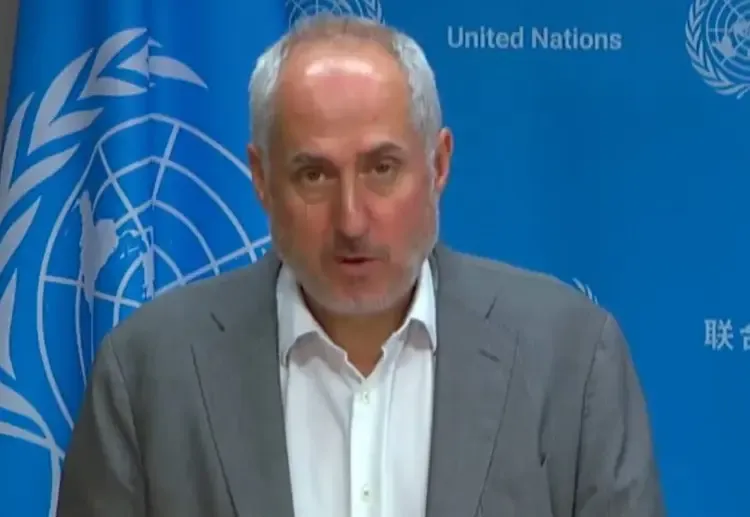
Synopsis
Key Takeaways
- USAID's closure will impact lifesaving activities.
- The US is a major contributor to global humanitarian efforts.
- USAID allocated $25 billion to UN agencies from 2019-2024.
- The World Food Programme was the largest beneficiary.
- Trump's administration is skeptical of multilateral cooperation.
The United Nations, on February 4 (NationPress), has stated that the closure of USAID, identified as a vital partner for the global organization, will result in an immediate impact on activities that save lives. This assertion was made by Stephane Dujarric, spokesperson for United Nations Secretary-General Antonio Guterres.
“USAID serves as a critical partner, and the US is a generous ally for the United Nations in humanitarian development efforts,” he remarked on Monday.
Dujarric emphasized, “This will have an immediate impact on lifesaving activities.”
On Monday, US President Donald Trump’s advisor and head of the Department of Government Efficiency (DOGE), Elon Musk, indicated that Trump had consented to the shutdown of USAID, which is the primary agency responsible for foreign assistance.
Dujarric noted that there is substantial UN-US collaboration on development matters and that the UN is communicating with various agencies to evaluate the ramifications of USAID’s closure in order to “gain some clarity in a foggy environment.”
“The US has been incredibly generous to our humanitarian initiatives worldwide,” he added.
“The US accounted for 47 percent of the global humanitarian appeal, which translates to approximately $14 billion,” he stated.
As per the USAID inspector general’s report, $25 billion was designated by USAID for the UN and its agencies over a span of five years from 2019 to 2024.
The World Food Programme, which provides assistance to individuals facing starvation due to conflicts, famines, and natural disasters, emerged as the primary recipient during this timeframe, with $16.8 billion allocated to it.
The UN Children’s Fund followed, receiving $2.7 billion among the 20 UN agencies that benefited from this aid.
Trump has shown skepticism toward multilateral cooperation and has announced the US withdrawal from the World Health Organization, which has an allocation of $868 million.


